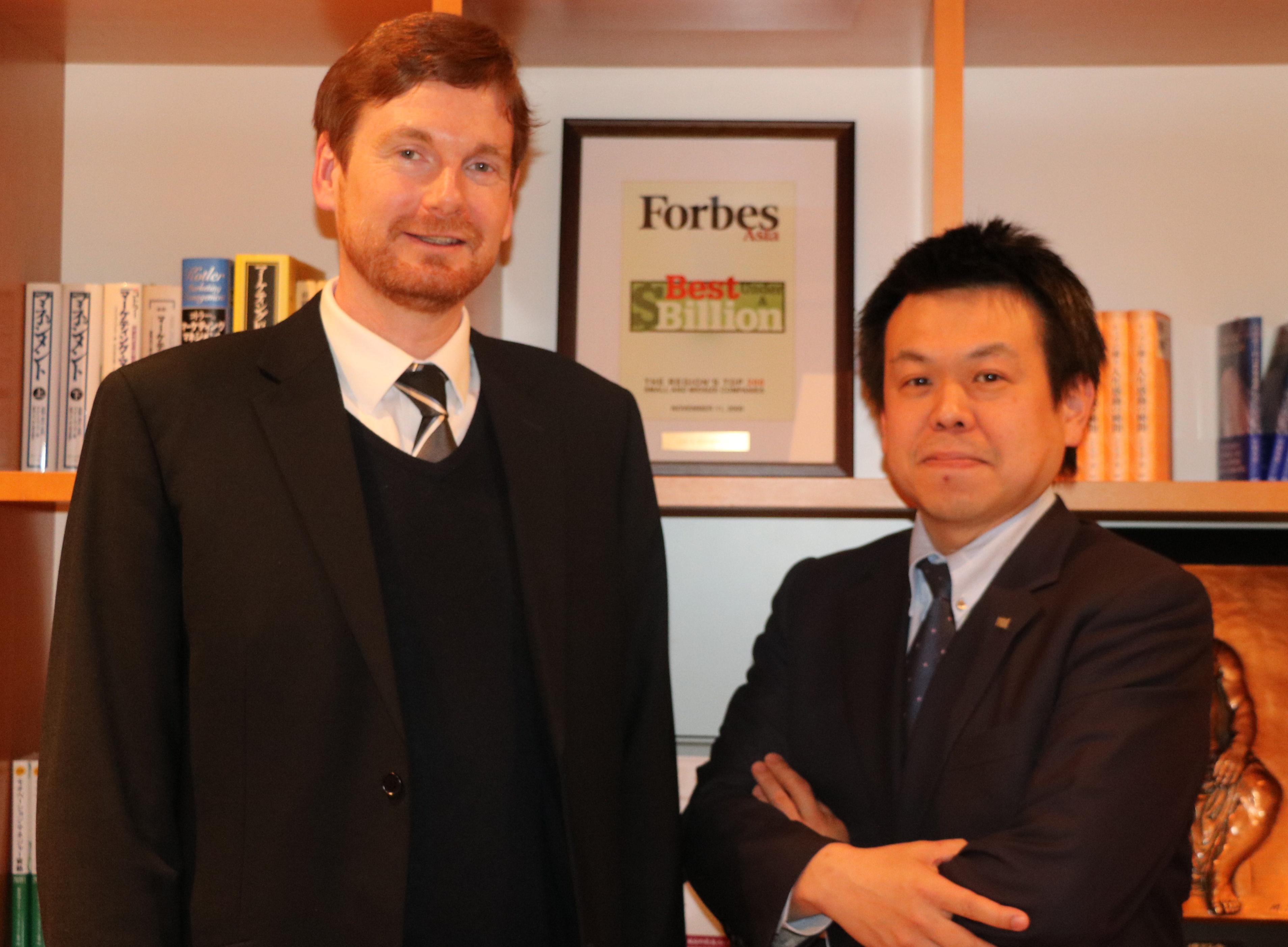Long accustomed to hiring mainly Japanese staff, domestic firms are likely to start diversifying their workforces in response to a declining working population, and to accommodate clients' needs amid rapid globalization.
Bringing talented workers, including more foreign nationals and women, into the labor force is one of the major policies in the country's growth strategy under the second stage of Abenomics, as a diverse workforce is considered essential for sustaining and strengthening the creativity and competitiveness of the Japanese economy.
At an international workshop on workplace diversity management held in Tokyo late last month, William Swing, director-general of the International Organization for Migration (IOM), said that one out of every seven of the world's 7 billion people is a migrant.



